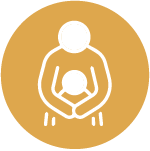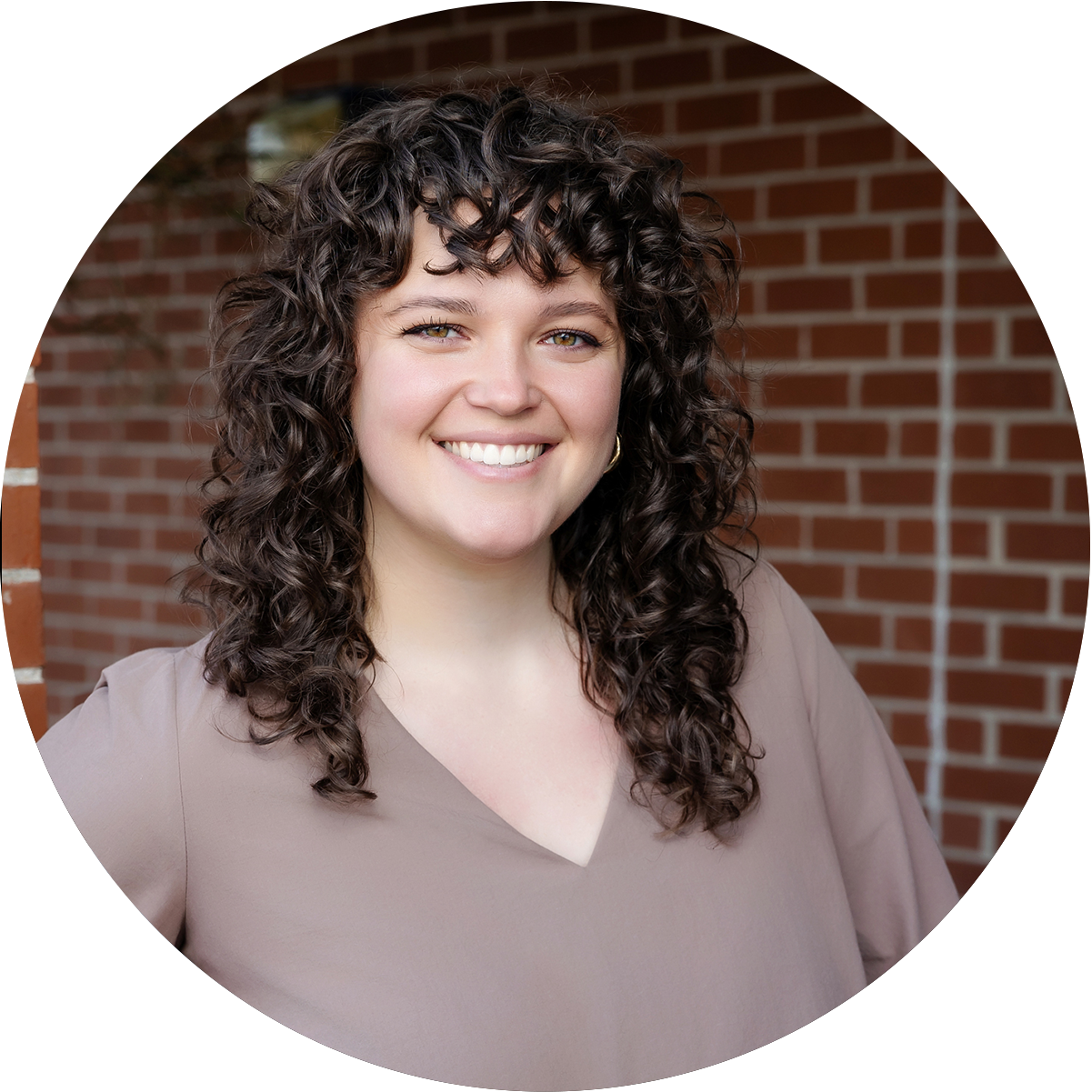Not being able to sleep is such an awful feeling. If you are reading this at three in the morning after several hours of tossing and turning and not being able to fall asleep, take a deep breath. Everything is going to be okay. The good news is that you are not alone and there are tons of things you can do to be able to make falling asleep easier.
Figuring out the reason you are struggling to fall asleep can make it easier to fall asleep in the future. Common reasons people struggle to fall asleep are stress, mental health conditions, poor sleep hygiene, and unhelpful sleeping conditions. The good news is, there are helpful strategies to help with each of these reasons.
Relaxation is one of the best things you can do to fall asleep. Whatever the reason you are struggling to fall asleep there are ways to help you get the rest you need.
Importance of sleep
Sleep is an essential process that helps maintain physical and mental health, and is as important as eating, drinking, and breathing. Sleep helps the body in many ways, including:
- Brain function
- Sleep helps repair and restore the brain, and allows people to process information, consolidate memories, and perform other maintenance tasks that help with daytime functioning. Sleep deficiency can make it difficult to make decisions, solve problems, control emotions, and cope with change. It’s also been linked to depression, suicide, and risk-taking behaviors.
- Physical health
- Sleep helps the body conserve energy, release growth hormones that help tissues grow and repair damage, and support the immune system. Getting enough sleep can also help people maintain a healthy weight, lower their risk of serious health problems like diabetes and heart disease, and reduce their risk of getting sick.
- Performance
- Sleep can help people think more clearly, do better in school and at work, and get along better with others. It can also play a role in emotional well-being and blood pressure.
Here are some tips to help you sleep better! If one tip doesn’t work for you, feel free to try another one.
Relaxation: Try different ways to relax, such as taking a warm bath or shower, reading, listening to music, or meditating. You can also try progressive muscle relaxation, which involves tensing and relaxing muscle groups.
Deep breathing: Deep breathing can help your nervous system relax and settle your mind. You can try inhaling slowly into your belly and then exhaling gently.
Journaling: Writing in a journal can help you get rid of stressors or lingering thoughts. You can also try keeping a notebook beside your bed to write down any recurring thoughts that come up.
Avoid electronics: The blue light from screens can suppress melatonin production. You can try avoiding watching TV, using your phone or tablet, or using computers at least two hours before bed.
Optimize your bedroom: The ideal temperature for sleep is between 60–67°F, and the ideal humidity is between 30–50%. You can also try using small lamps or candles instead of bright lights to help your body remember that it is night and will be bedtime soon. Make sure you’re only using the bed for sleeping. Doing different activities, like work, watching tv, or school from your bed will keep your brain from focusing on sleep once you get into bed.
Bedtime routine: Try adopting a relaxing bedtime routine. Bedtime routines will help make your brain notice that it’s time to sleep and start to relax. Some things that you can do as part of your bedtime routine are to change into pajamas, wash your face, brush your teeth, read a book, or listen to a specific podcast or music. These also have the added benefit of calming you down!
Take care of your health: Getting sunlight throughout the day will help trigger your body to know when it’s time to sleep. Eating or drinking certain foods, such as anything with caffeine or alcohol, in the evening can make you sleep worse or make it harder to fall asleep. So try to have slightly less or make sure to have them at least a few hours before going to bed. Exercising will also help tire you out and often leads to better and more fulfilling sleep.












